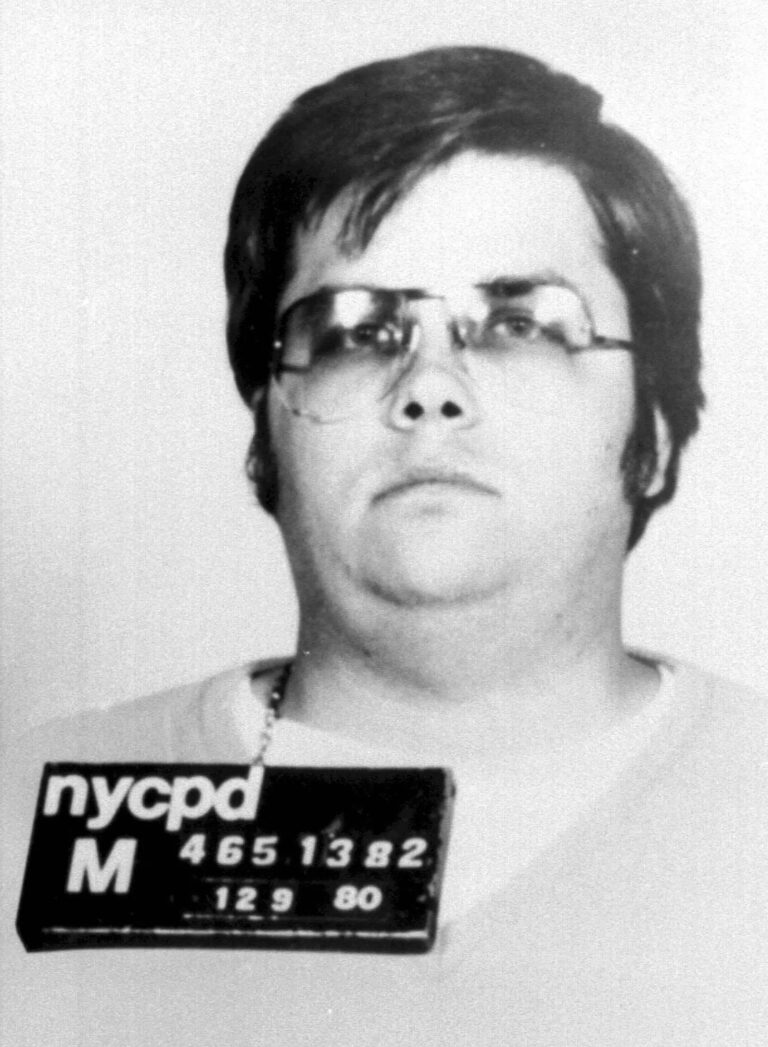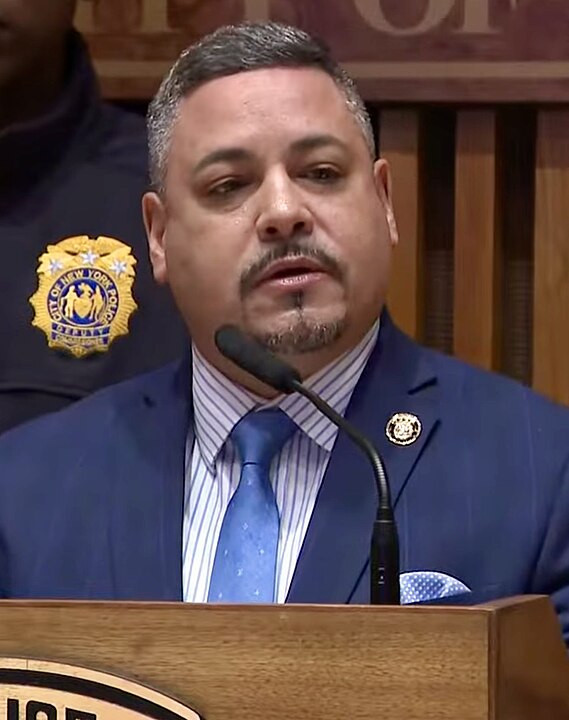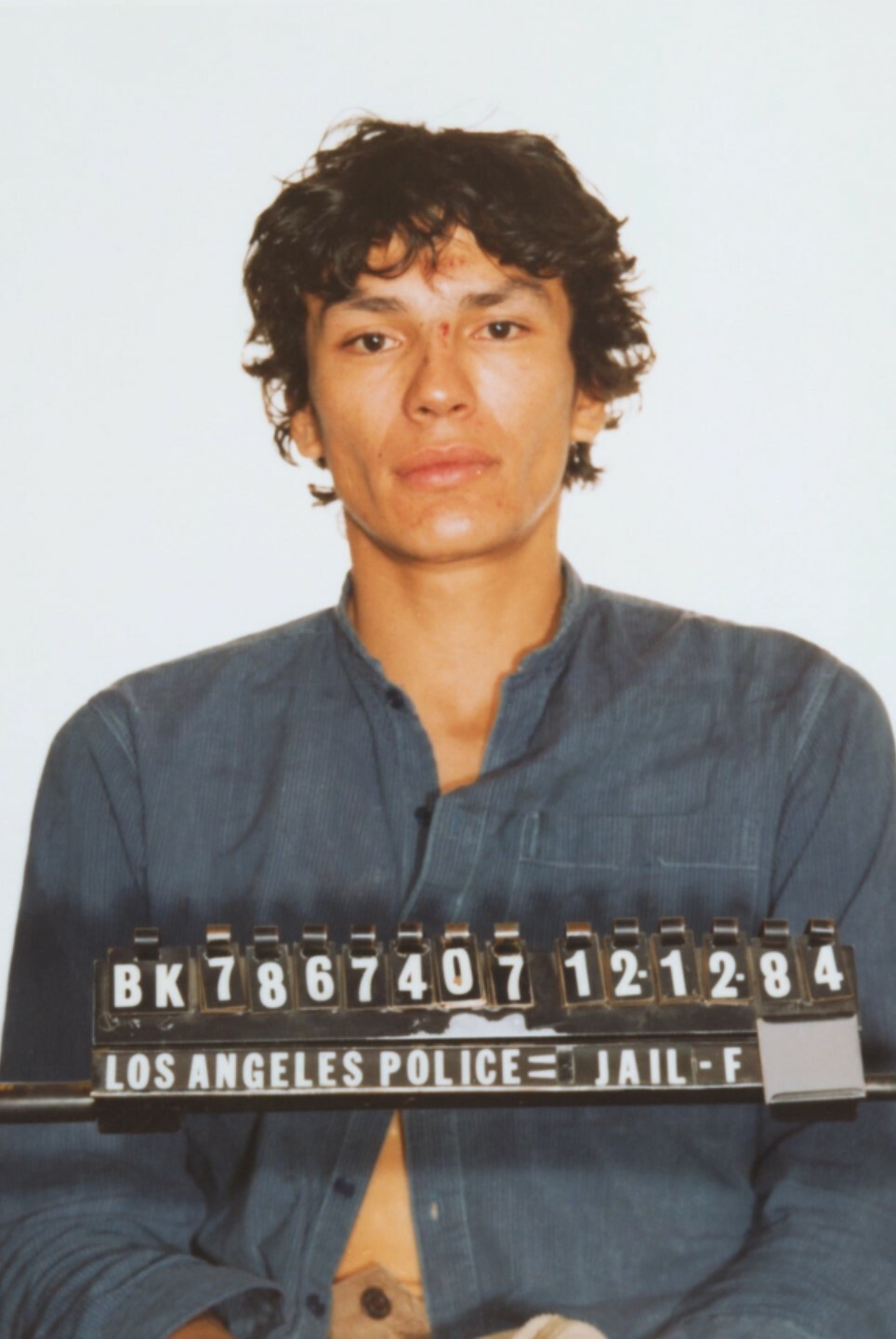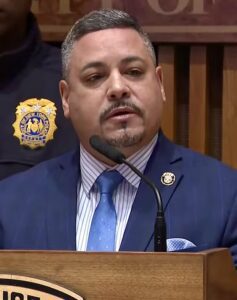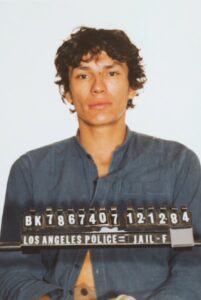On this day in 1981, Mark David Chapman, the man who murdered John Lennon, was sentenced to 20 years to life in prison, marking the culmination of a tragic and deeply unsettling series of events that began months earlier. John Lennon, one of the founding members of The Beatles and a global icon, was gunned down on December 8, 1980, outside his New York City apartment, the Dakota. Lennon’s death shocked the world, and the story behind his murder is one of complex motivations, obsessive behavior, and a disturbed mind.
Chapman, born in 1955, had been a lifelong fan of The Beatles. However, his admiration turned to anger and resentment, largely due to his religious conversion and Lennon’s controversial 1966 remark that The Beatles were “more popular than Jesus.” This anger was further fueled by Lennon’s perceived hypocrisy—preaching love and peace while living a lavish lifestyle. Chapman viewed this as a betrayal and became increasingly obsessed with the idea that Lennon was a “phony,” a theme central to J.D. Salinger’s novel The Catcher in the Rye, a book Chapman was obsessed with.
Chapman’s disillusionment with Lennon grew over time. He was particularly enraged by Lennon’s songs, such as “Imagine,” which advocated for a world without possessions, while Lennon himself lived in luxury. Chapman also took issue with Lennon’s statements in the song “God,” where Lennon renounced his belief in The Beatles, Jesus, and other religious figures. This deep-seated anger and confusion led Chapman to believe that he was justified in his actions, though his reasoning was muddled and contradictory.
In the months leading up to the murder, Chapman meticulously planned the killing. He traveled to New York City in October 1980 with the intent to kill Lennon but returned to Hawaii, where he confessed his obsession to his wife, Gloria. Despite this confession, Gloria did not alert the authorities, and Chapman later flew back to New York in December, determined to carry out his plan. He spent the day of December 8, 1980, lurking near the Dakota, where Lennon lived with his wife Yoko Ono and their young son Sean. Early in the day, Chapman missed an opportunity to see Lennon enter the building but later managed to get an autograph from Lennon on his Double Fantasy album as the musician was leaving for a recording session.
That evening, Lennon and Ono returned to the Dakota. As they walked toward the entrance, Chapman, without warning, fired five hollow-point bullets from a .38 special revolver, four of which struck Lennon in the back and shoulder. Lennon was rushed to Roosevelt Hospital, where he was pronounced dead shortly after 11 p.m.
Chapman remained at the scene, calmly reading The Catcher in the Rye, until the police arrived and arrested him without incident. He later confessed to the murder and pleaded guilty to second-degree murder, despite initially planning to use an insanity defense. During his sentencing on August 24, 1981, Chapman read a passage from The Catcher in the Rye, further highlighting his obsession with the book. The judge sentenced him to 20 years to life, with an order for psychiatric treatment during his incarceration.
In the years since his sentencing, Chapman has been denied parole multiple times. He has claimed that his motivations for killing Lennon were not for fame but rather out of a misguided belief that he was promoting The Catcher in the Rye. However, he has also admitted that he was driven by envy and anger towards Lennon. Chapman had even compiled a hit list of other potential targets, including Lennon’s bandmate Paul McCartney and then-President Ronald Reagan.
Chapman’s actions and their motivations have been the subject of extensive psychological evaluation. Several experts diagnosed him with paranoid schizophrenia, while others pointed to personality disorders. Despite his mental health issues, the court determined that Chapman was competent to stand trial and held him fully responsible for his actions.
Since his imprisonment, Chapman has been held in various facilities in New York, often in solitary confinement for his safety. He has expressed remorse for his actions in parole hearings but continues to serve his sentence. Chapman’s story is a chilling reminder of how obsession and mental illness can lead to tragic and senseless violence, leaving an indelible mark on history.

